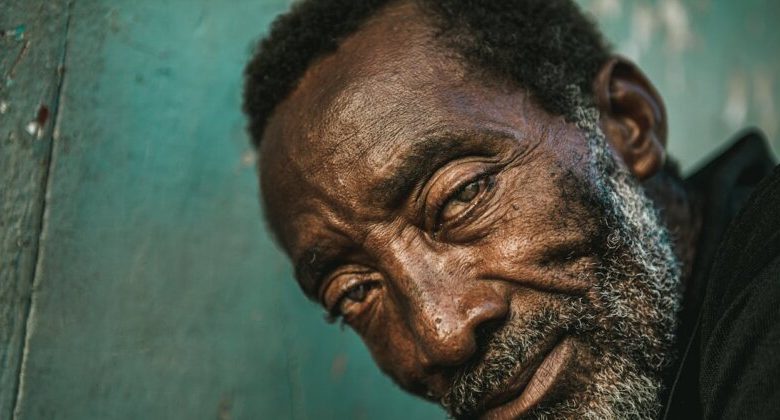Widens To More Than 20 Years

The life expectancy gap across racial and ethnic lines in the United States has shockingly increased to over 20 years, according to a study published in The Lancet. Researchers describe the disparities as “truly alarming,” U.S. News and World Report reported.
Examining data from the National Vital Statistics System and the National Center for Health Statistics, researchers discovered the life expectancy gap widened from 12.6 years in 2000 to 20.4 years in 2021. The most substantial increases occurred during the covid-19 pandemic, which only exacerbated existing inequalities.
“The extent and magnitude of health disparities in American society are truly alarming in a country with the wealth and resources of the USA,” said senior author Christopher J.L. Murray said in the study. “These disparities reflect the unequal and unjust distribution of resources and opportunities that have profound consequences on well-being and longevity, especially in marginalized populations.”
In 2021, Asian Americans had the longest life expectancy at 84 years, while American Indian and Alaska Native populations in the West had the shortest at just 63.6 years. Black Americans also experienced significant losses, with life expectancy falling from 74.8 years in 2019 to 71 years in 2021, CBS News reported.
The report identifies persistent inequalities rooted in socioeconomic and systemic issues. “The gap between life expectancy at birth for Black and white Americans may never have been narrower than it was in the mid-2010s,” noted Thomas Bollyky, a study co-author from the Council on Foreign Relations, said in the report.. However, these gains have largely stalled, driven by increasing rates of drug overdoses, homicides, and chronic diseases.
For American Indian and Alaska Native populations, chronic underfunding of Indigenous health services and limited access to education and healthcare have led to shorter lifespans. Researchers noted these communities face higher rates of preventable deaths from smoking, chronic illness, and covid-19.
“During the covid-19 pandemic, historically marginalized populations experienced the highest mortality rates and horrific losses in life expectancy,” the authors wrote.
Addressing these disparities requires systemic changes, including investments in healthcare, education, and economic opportunities. “Policymakers must take collective action… so that all Americans can live long, healthy lives regardless of where they live and their race, ethnicity, or income,” Murray stressed.




